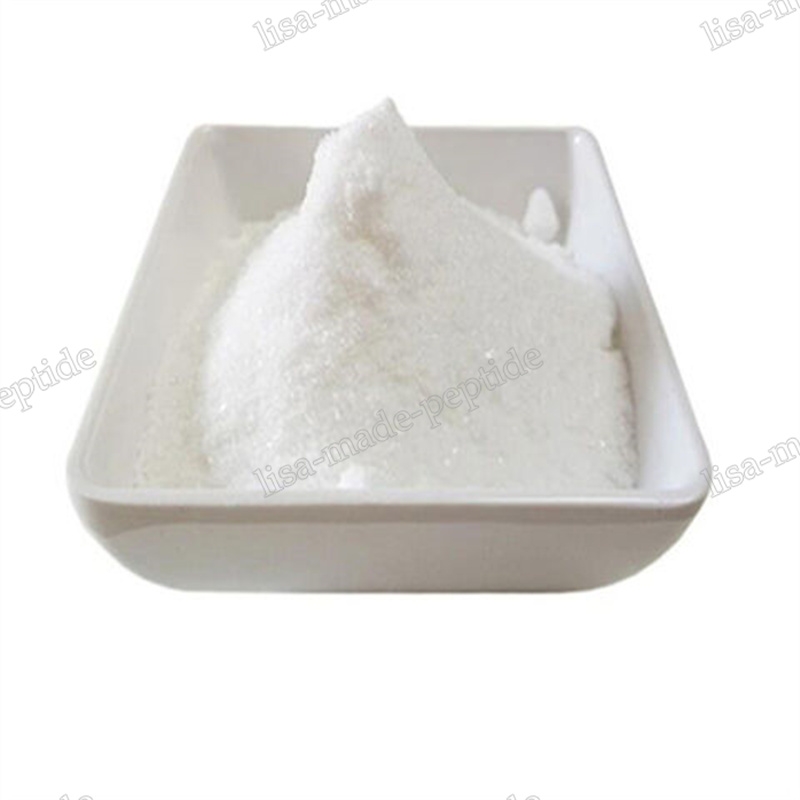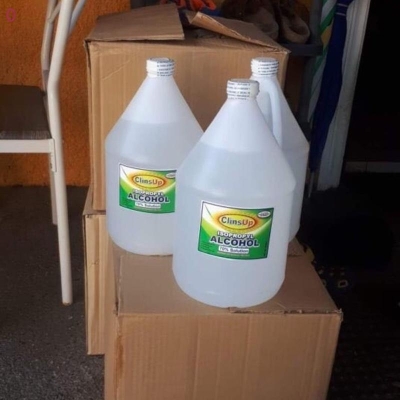-
Categories
-
Pharmaceutical Intermediates
-
Active Pharmaceutical Ingredients
-
Food Additives
- Industrial Coatings
- Agrochemicals
- Dyes and Pigments
- Surfactant
- Flavors and Fragrances
- Chemical Reagents
- Catalyst and Auxiliary
- Natural Products
- Inorganic Chemistry
-
Organic Chemistry
-
Biochemical Engineering
- Analytical Chemistry
-
Cosmetic Ingredient
- Water Treatment Chemical
-
Pharmaceutical Intermediates
Promotion
ECHEMI Mall
Wholesale
Weekly Price
Exhibition
News
-
Trade Service
At the United Nations Environment Assembly in Nairobi, Kenya, on March 2, representatives from 175 countries approved a historic resolution aimed at ending plastic pollution by 2024 and reaching a legally binding international agreement
.
The resolution adopted at the meeting is titled "Ending Plastic Pollution: Developing an International Legally Binding Instrument"
.
The resolution decided to create an intergovernmental negotiating committee, which will start work in 2022, with the goal of completing a draft legally binding global agreement by the end of 2024
.
The instrument will reflect the entire life cycle of handling plastics, involving the design of reusable and recyclable products and materials, as well as the need for enhanced international cooperation to facilitate access to technology, capacity building and scientific and technological cooperation
.
"Today marks a victory for the planet over single-use plastic .
This is the most important multilateral agreement on the environment since the Paris Agreement
.
This is insurance for this and future generations ," said Inge Anderson, Executive Director of UN Environment .
, they may have plastic in their lives, but they will not be destroyed by plastic
.
”
Key figures on the economics and environmental impact of plastics:
348 million: Plastic production soared from 2 million tons per year in 1950 to 348 million tons in 2017, making it a $522.
6 billion global industry, with capacity expected to double by 2040
.
15%: Under the goal of limiting global warming to 1.
5°C, greenhouse gas emissions associated with plastic production, use and disposal will account for 15% of allowable emissions by 2050
.
800: More than 800 marine and coastal species are affected by plastic pollution due to ingestion, entanglement and other hazards
.
11 million: About 11 million tons of plastic waste end up in the ocean every year
.
By 2040, that number could triple
.
55%: By 2040, a shift to a circular economy could reduce the amount of plastic discharged into the ocean by more than 80%; reduce virgin plastic production by 55%
.
$70 billion: Shifting to a circular economy could save governments $70 billion by 2040; reduce greenhouse gas emissions by 25 percent; and create 700,000 additional jobs
.
Judging from the current situation of plastic pollution, the global plastic pollution prevention and control can be described as an arduous task, and the biggest difficulty is still at the back end of the plastic life cycle
.
Due to the characteristics of the plastic life cycle, the control of plastic production and use is far easier than the collection and processing links
.
For example, at the production level, since the production of the plastics industry is almost concentrated in the hands of large enterprises, industry alliances headed by large enterprises can promote some environmental protection policies and their funds are more sufficient
.
However, in terms of the treatment and regeneration of plastic waste, currently only the environmental and industrial policies of various countries are constrained, the capital and technology are relatively lacking, and the actual effect is limited
.
According to the United Nations Environment Programme, plastic pollution is having a profound impact on the triple Earth crisis of climate change, nature loss and pollution
.
According to the agency, about 11 million tons of plastic waste flows into the ocean every year and is converted into microplastics that affect humans through the water cycle, and this number may triple by 2040
.
These plastic pollutants have had a significant impact on the human body, the environment and biodiversity
.
These problems mainly lie in the collection and recycling of plastics: plastics that are landfilled and incinerated can easily enter the environment
.
However, even in Japan, a country that attaches great importance to waste sorting and recycling and has achieved remarkable results, about 1.
3 million tons of its current annual plastic waste of 9 million tons can only be landfilled or incinerated
.
In developing countries where the collection and classification of plastic waste are not perfect, the post-processing capacity of waste plastics is almost blank
.
According to the Environment Agency, if the circular economy is vigorously developed, by 2040, the amount of plastic entering the ocean can be reduced by 80%, primary plastic production will be reduced by 55%, and governments will save 70 billion US dollars; greenhouse gas emissions will be reduced by 25%
.
But with 2040 only 18 years away, it may be difficult for many developing countries to build enough plastic reprocessing facilities
.
This also requires the joint efforts of all countries
.







